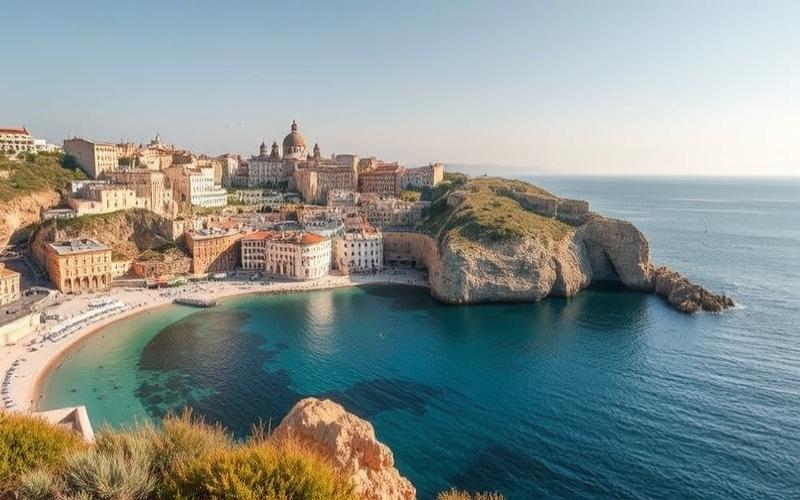
 Published on and written by Cyril Jarnias
Published on and written by Cyril Jarnias
Dreaming of relocating to a Mediterranean island with sunny weather and exceptional quality of life? Malta might just be the perfect destination to make your project a reality! This archipelago located between Sicily and North Africa offers numerous advantages for expatriates: a dynamic economy, pleasant living environment, thriving international community, and favorable tax system. Here’s a comprehensive guide to successfully settling in Malta as an expatriate.
Discover our other articles about expat life in Malta:


Malta, a small Mediterranean archipelago at the heart of the European Union, is attracting more and more expatriates seeking professional [...]
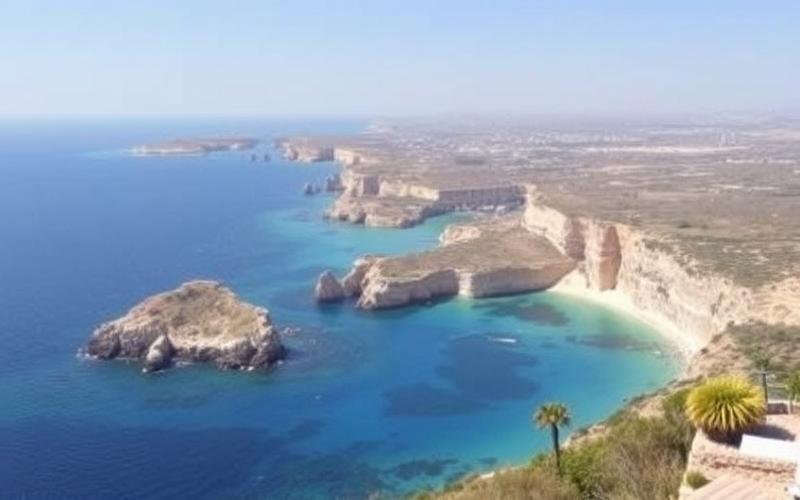

For expatriates settling in Malta, understanding local religious practices is essential for integrating harmoniously into Maltese society. This small Mediterranean [...]
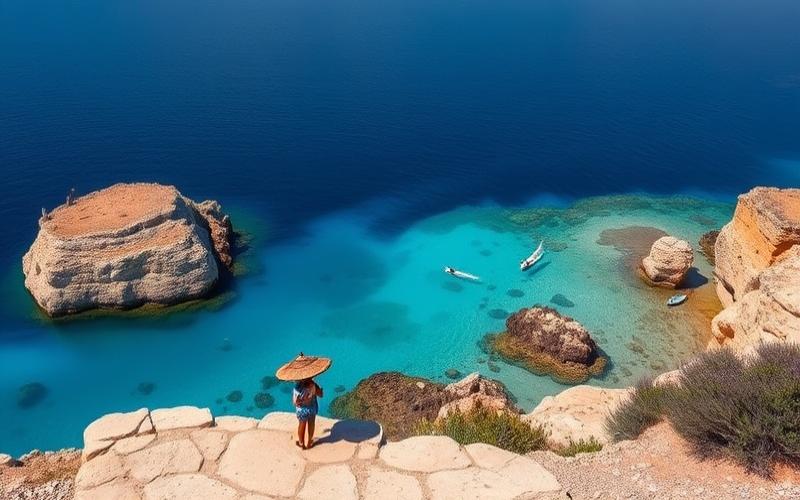

Malta, a small Mediterranean archipelago situated between Sicily and Tunisia, is attracting an increasing number of expatriates drawn to its [...]
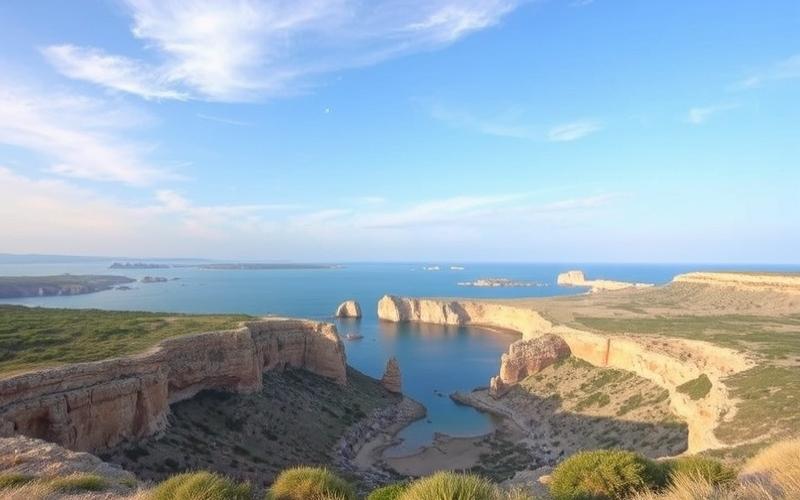

Malta, a Mediterranean gem with multiple assets, is attracting more and more expatriates drawn to its exceptional quality of life, [...]
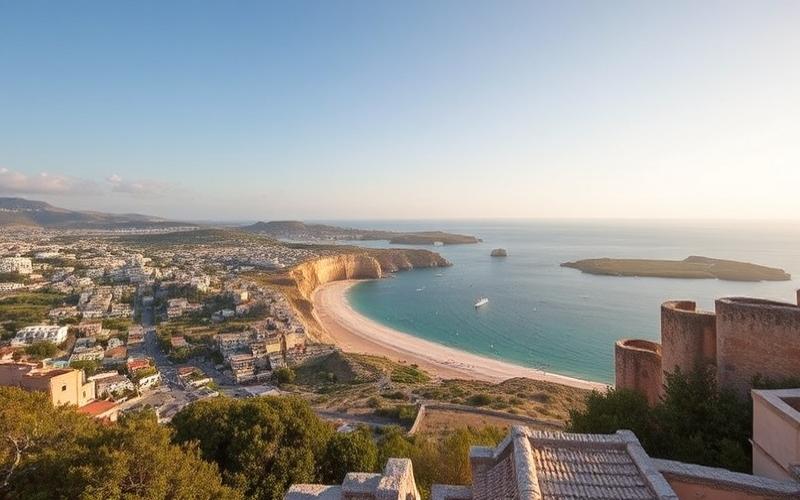

Malta, a small Mediterranean archipelago situated between Sicily and North Africa, attracts many expatriates drawn to its sunny lifestyle and [...]
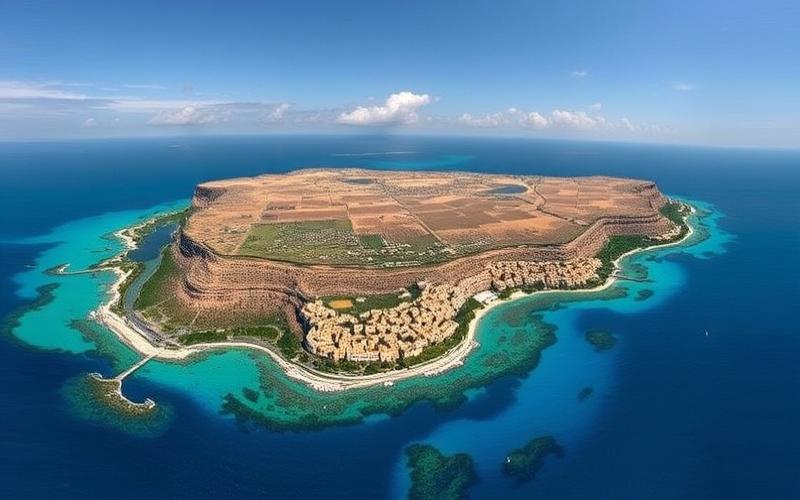

Have you decided to move to Malta and are wondering how to find the perfect accommodation? Look no further—this article [...]
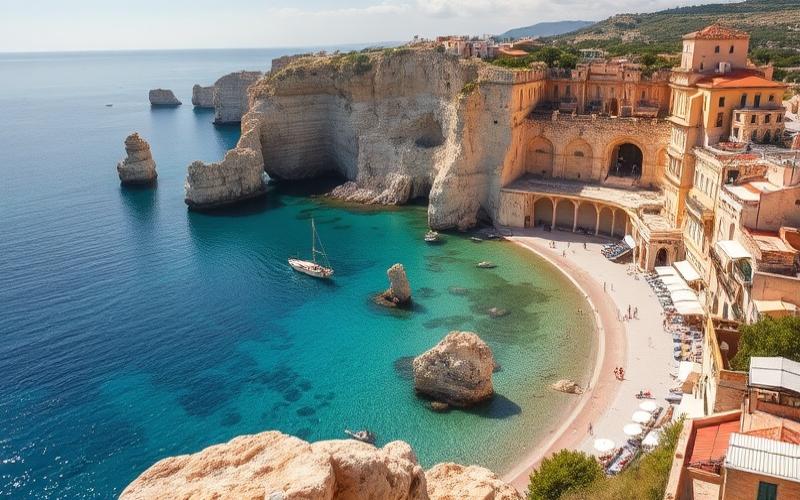

Malta, this Mediterranean gem, is attracting more and more expatriates seeking an exceptional living environment. For international families, choosing the [...]


Considering relocating to Malta? Here’s a comprehensive guide to safety in this small Mediterranean archipelago, with practical tips for a [...]
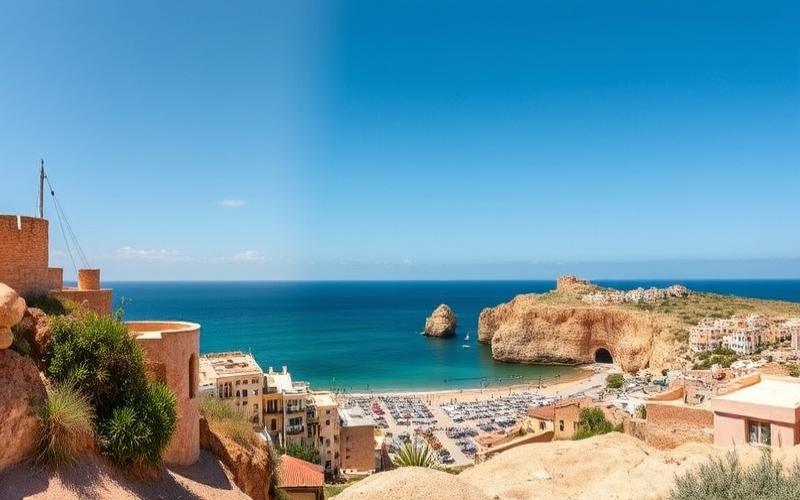

Malta, a small Mediterranean archipelago, offers a well-developed public transportation network that makes getting around the islands easy. Whether you’re [...]


Welcome to the Maltese archipelago, a Mediterranean gem brimming with wonders to discover! Between historic cities, paradise beaches, and fascinating [...]
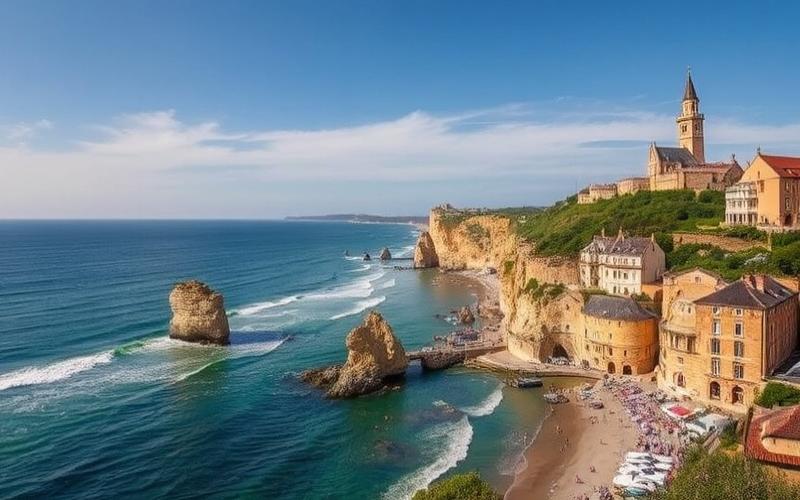

Malta, this Mediterranean gem, isn’t just famous for its dreamy beaches and rich historical heritage. When the sun sets, the [...]


Homesickness can strike anyone during a stay abroad, even in a paradise-like place such as Malta. Despite the sunshine, sea, [...]
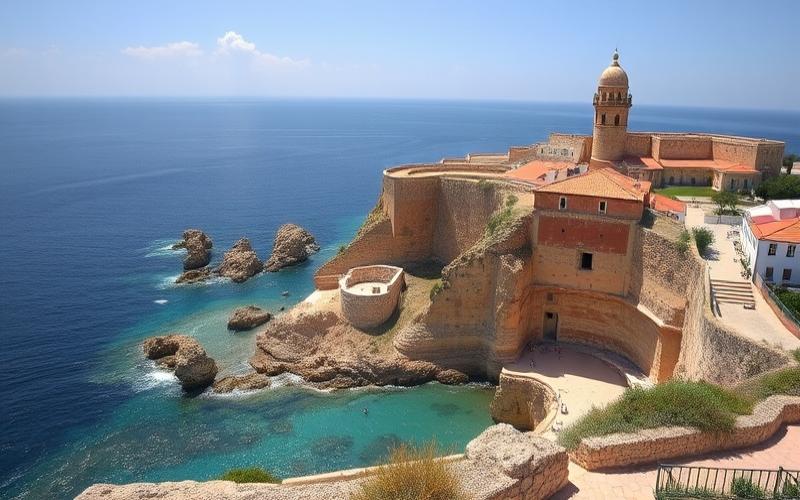

Relocating to Malta is a rewarding experience, but it’s natural to want to stay connected with family and friends back [...]
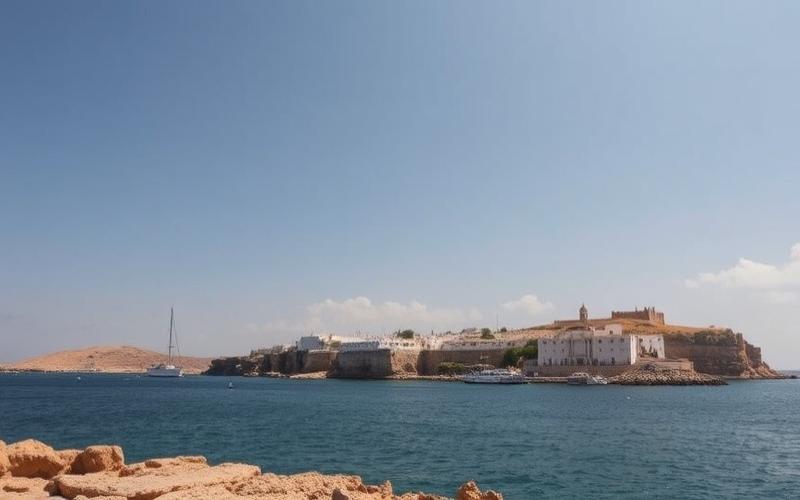

Moving to Malta means immersing yourself in a fascinating world where Mediterranean and British influences blend. This island in the [...]


Maltese cuisine is a true Mediterranean treasure, reflecting the diverse influences that have shaped the archipelago’s history and culture over [...]
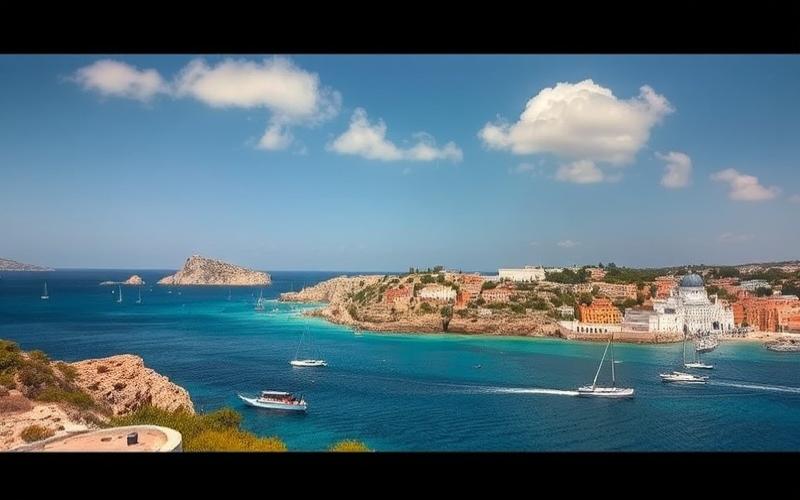

Learning the local language is a crucial step for any expatriate wishing to fully integrate into their new host country. [...]
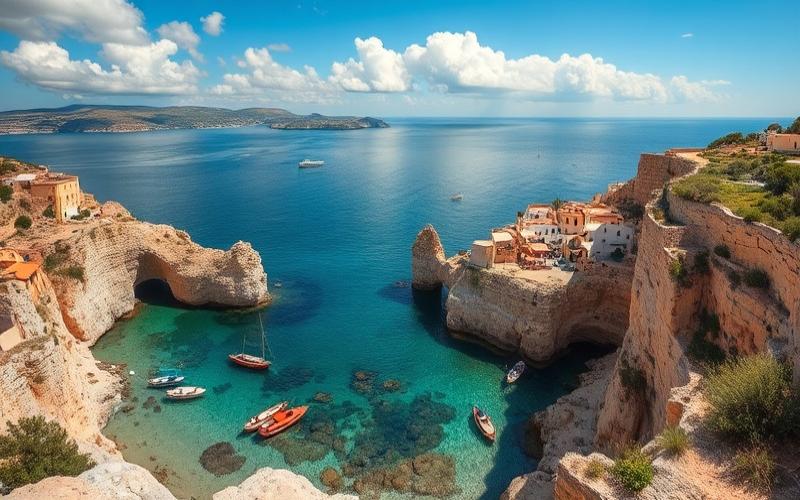

Relocating to Malta offers a unique opportunity to develop your professional network in a dynamic and multicultural environment. This Mediterranean [...]
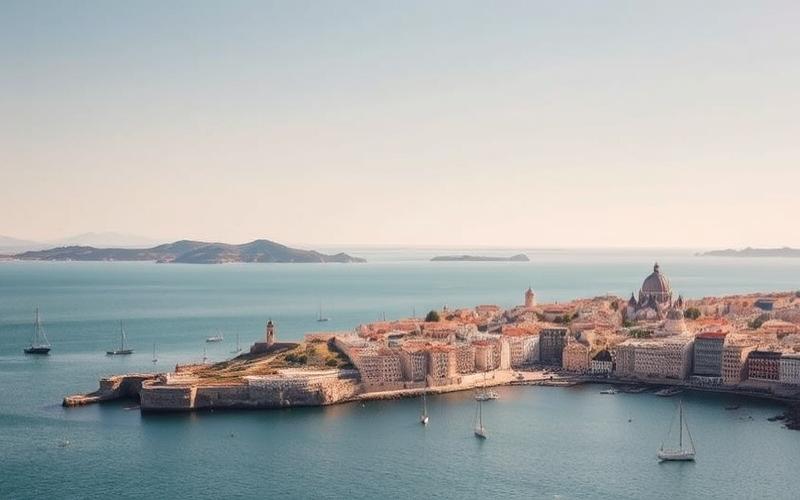

Real estate investment in Malta represents an attractive opportunity for expatriates seeking portfolio diversification and tax optimization. This Mediterranean archipelago, [...]
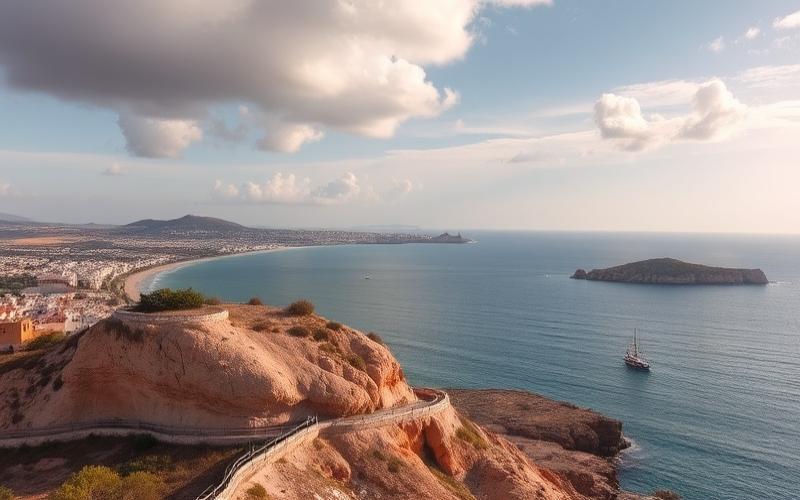

Relocating to Malta means immersing yourself in an enchanting Mediterranean lifestyle, but it also involves adapting to a very specific [...]
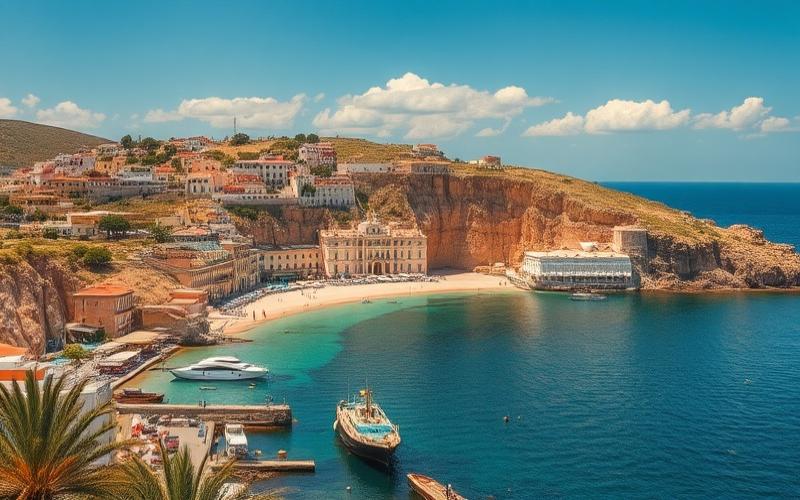

Relocating to Malta with your four-legged companion is an exciting adventure that requires careful preparation. This article will guide you [...]
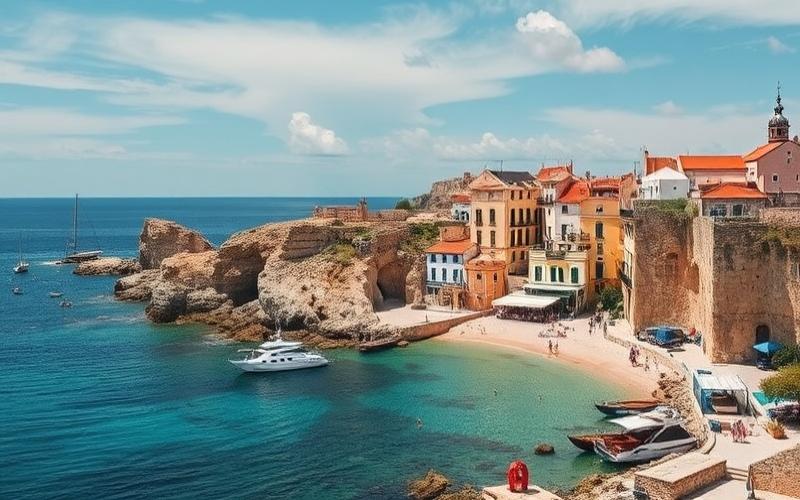

Malta, a small Mediterranean archipelago at the crossroads of Europe and Africa, has become a top destination for expatriates seeking [...]
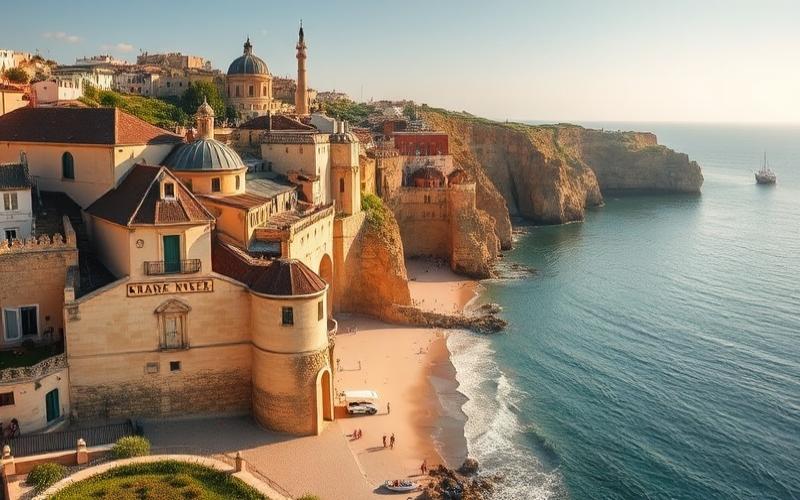

Malta, a small Mediterranean archipelago at the crossroads of Europe and Africa, is attracting a growing number of expatriate entrepreneurs [...]
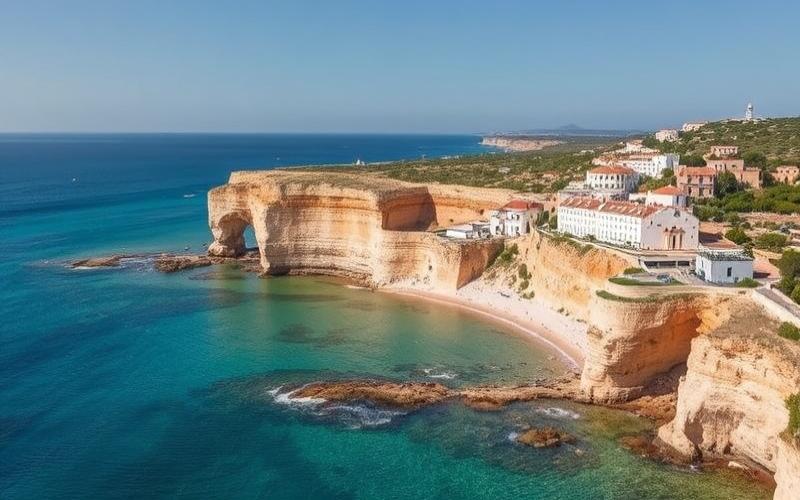

The Maltese archipelago, situated at the heart of the Mediterranean, boasts a rich and eventful history spanning over 7,000 years. [...]
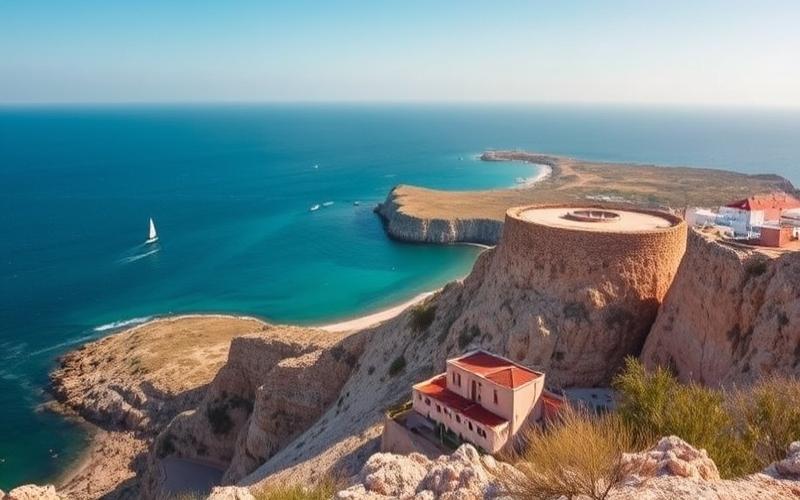

Malta is a small archipelago located in the heart of the Mediterranean Sea, between Europe and North Africa. Despite its [...]
Prepare your new Maltese life before the big move
A successful relocation requires careful preparation several months in advance. Here are the essential steps not to overlook:
Research Malta: Learn about the culture, education system, job market, cost of living, etc. This will help you visualize your future concretely and refine your project.
Evaluate your budget: Estimate your future expenses (housing, food, transportation) and potential income in Malta. Set aside emergency savings for unexpected situations.
Learn basic English: It’s an official language in Malta along with Maltese. Good English proficiency will greatly facilitate your integration.
Find employment: Start your search from your home country, targeting sectors that are hiring such as tourism, online gaming, or financial services.
Handle administrative formalities: Notify relevant authorities of your departure (social security, taxes, banks) and subscribe to international health insurance.
Good to know:
Malta is part of the European Union and Schengen Area, which simplifies procedures for European citizens.
Essential first steps upon arrival
Once you arrive in Malta, several formalities await to officialize your settlement:
Obtain your social security number: Visit the social security office to get this precious key, essential for legal employment.
Open a local bank account: Choose a Maltese bank and visit a branch with the required documents (passport, proof of address, etc.).
Register with authorities: If you’re European, apply for your residence card with the Expatriates and Citizenship Affairs Department.
Register to vote: As a European resident, you can vote in local and European elections in Malta.
Exchange your driver’s license: If you hold a European license, you can exchange it for a Maltese one.
Good to know:
Most administrative procedures can be done online via the government portal ServizzMalta, saving you precious time.
Find your cozy nest under the Maltese sun
Finding housing is a crucial step in your settlement. Here are some tips to find the perfect place:
Define your criteria: Budget, size, location, type of property (apartment, townhouse, villa).
Explore different neighborhoods: Sliema and St Julian’s are popular with expatriates for their cosmopolitan atmosphere, while Mellieha or St Paul’s Bay offer a quieter setting.
Use a real estate agency: They know the local market well and can assist in your search.
Visit multiple properties: Don’t rush into the first offer, take time to compare.
Read the rental contract carefully: Check clauses regarding duration, notice period, included charges, etc.
Prepare necessary documents: Passport, proof of income, bank references.
Good to know:
Rents in Malta can be high in tourist areas. Consider slightly less central neighborhoods to save money.
Integrate into the local and expatriate community
To feel completely at home in Malta, it’s essential to build social connections. Here are some ways to facilitate your integration:
Join expatriate groups: On Facebook or via sites like InterNations, to exchange tips and good deals.
Participate in local events: Festivals, village feasts, markets… Great opportunities to discover Maltese culture.
Enroll in language courses: To improve your English or learn Maltese.
Practice sports or cultural activities: An excellent way to meet people who share your interests.
Get involved in associations: Volunteering, environmental protection, refugee assistance…
Build professional contacts: Attend networking events to expand your network.
Good to know:
Maltese people are known for their hospitality. Don’t hesitate to strike up conversations in shops or public transportation!
Obtain the precious key: your Maltese visa
Visa procedures depend on your nationality and length of stay:
EU/EEA/Swiss nationals: No visa required for stays up to 3 months. For longer stays, apply for a residence permit with the Expatriates Department.
Other nationalities: Apply for a Schengen visa for short stays. For long-term settlement, opt for a work or study visa.
Required documents: Valid passport, ID photos, proof of financial means, health insurance, employment or study contract as applicable.
Processing time: Allow 2 to 4 weeks on average to obtain your visa.
Cost: Varies by visa type, from €60 to several hundred euros.
Good to know:
Malta offers special visas for entrepreneurs and investors, providing interesting tax benefits.
Stay compliant: renewing your residence permit
To continue residing legally in Malta, it’s crucial to renew your residence permit on time:
When to renew?: At least 3 months before your current permit expires.
Where to apply?: With the Expatriates and Citizenship Affairs Department.
Required documents: Application form, passport, proof of financial means, health insurance, employment contract if applicable.
Validity period: Generally 5 years for European residents, variable for other nationalities.
Renewal cost: Between €27.50 and €240 depending on your status.
Good to know:
After 5 years of continuous residence, you can apply for a permanent residence permit, offering more stability.
Master the rules: laws and regulations for expatriates in Malta
For a smooth relocation, familiarize yourself with the Maltese legal framework:
Labor law: Maximum 40 hours per week, 4 weeks paid vacation, minimum wage of €835/month.
Taxation: Progressive income tax from 0 to 35%. Possibility of favorable tax status for certain expatriates.
Social security: Mandatory contributions for employees and self-employed, providing access to the public healthcare system.
Property purchase: No restrictions for European residents. Authorization required for non-Europeans.
Family reunification: Possible for spouses and minor children of legal residents.
Naturalization: Possible after 5 years of continuous residence (3 years for spouses of Maltese citizens).
Good to know:
Malta offers a stable legal framework favorable to businesses, making it a popular destination for entrepreneurship.
Disclaimer: The information provided on this website is for informational purposes only and does not constitute financial, legal, or professional advice. We encourage you to consult qualified experts before making any investment, real estate, or expatriation decisions. Although we strive to maintain up-to-date and accurate information, we do not guarantee the completeness, accuracy, or timeliness of the proposed content. As investment and expatriation involve risks, we disclaim any liability for potential losses or damages arising from the use of this site. Your use of this site confirms your acceptance of these terms and your understanding of the associated risks.



